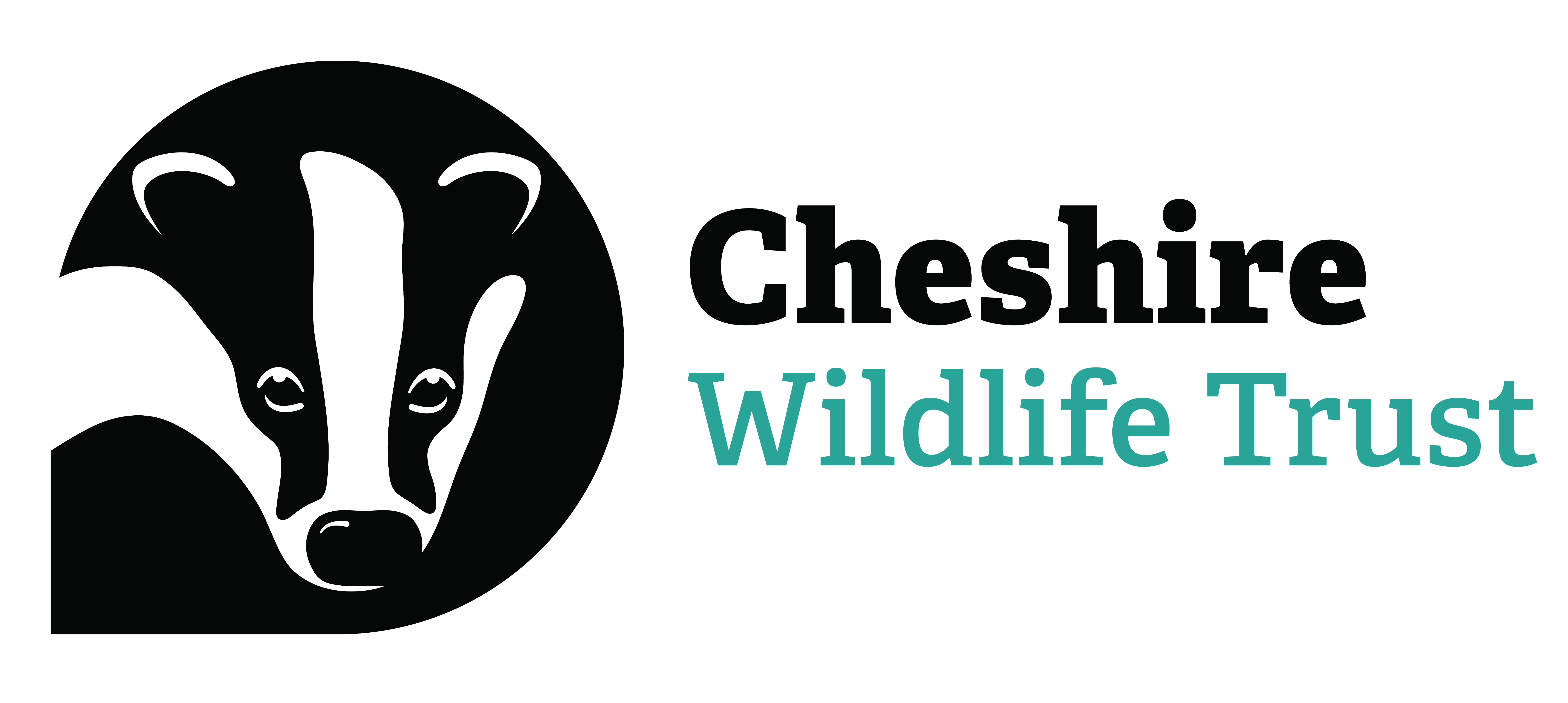Pressures from changing land use, such as development and intensive agriculture, combined with pollution, invasive species and climate change are threatening our precious native wildlife. The 2023 State of Nature report, published this week by leading wildlife organisations including The Wildlife Trusts, shows that nature is continuing to decline at an alarming rate across the UK. The UK is already one of the most nature-depleted countries in the world.
More than half of the UK’s species are in decline: one in six species is now at risk of being lost, 41% of our insects are classed as threatened, one in five of our mammals face a high risk of extinction and in Cheshire we’ve lost 99% of the wildflower meadows we had in 1960. Important habitats are in poor condition and homes for wildlife are being lost.
Rachel Giles, Evidence and Planning Programme Manager at Cheshire Wildlife Trust: ’Hundreds of species have already disappeared from parts of Cheshire, including birds such as the curlew and cuckoo. Many species, such as the small pearl bordered fritillary butterfly, have been lost completely in recent years with others, like the water vole, teetering on the brink of local extinction. We desperately need wilder and more natural areas to help wildlife recover, enable nature to adapt to climate change and create healthier, happier, and more prosperous communities”
Nature reserves are some of the last refuges where wild plants, mammals, birds and insects are given the space they need to survive. The 30 nature reserves cared for by Cheshire Wildlife Trust are some of the best wildlife havens remaining across the region.
Some of the flagship nature reserves in the care of Cheshire Wildlife Trust include:
-
Gowy Meadows Nature Reserve, near Ellesmere Port, which is home to water voles, one of the UK’s fastest declining mammals.
-
Danes Moss Nature Reserve, near Macclesfield, is a peat bog. This is one of the scarcest and most threatened habitats in the UK. The reserve is home to dragonflies, damselflies, butterflies, and common lizards.
-
Swettenham Valley Nature Reserve, near Holmes Chapel, is a mosaic of habitats including ancient woodlands and lush meadows which support an abundance of wildlife including 18 species of butterfly. Half of British butterflies are now classed as either threatened or near threatened with extinction.
-
Marbury Reedbed, near Northwich, is a reedbed and woodland sitting within Marbury Country Park and is home to bitterns, one of the rarest breeding birds in the UK.
-
Bickley Hall Farm, near Malpas, is managed as an organic, nature-friendly farm and is home to lapwings, which have suffered a series decline as a breeding species in the UK.
Ben Gregory, Director of Nature Recovery, Cheshire Wildlife Trust: “It costs us £404,068 each year to manage our nature reserves for wonderful wildlife. We work really hard to be as effective as possible and to apply for as much funding as possible for land management. However, there's a £52,298 shortfall this year. It’s vital to nature’s recovery that we protect these havens for wildlife and provide space, food and shelter for species that are under threat. A donation of £44 could help us to protect an acre of habitat for a whole year. I hope you can help us protect Cheshire’s last refuges for wildlife”
To donate to the appeal visit cheshirewildlifetrust.org.uk/cheshires-last-refuges.
